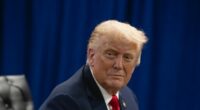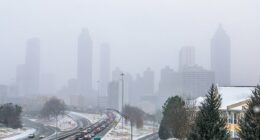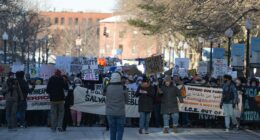Share this @internewscast.com
In the coming week, Kuala Lumpur, Malaysia, will host significant international gatherings, including the ASEAN leaders meeting and the East Asia Summit.
Recently, the spotlight has been on the five-day conflict that resulted in at least 48 casualties. Former President Trump has claimed credit for halting this and seven other conflicts, acknowledging the United States’ role in facilitating an initial ceasefire. However, the arrangement was primarily orchestrated by ASEAN’s chair, Malaysian Prime Minister Anwar Ibrahim.
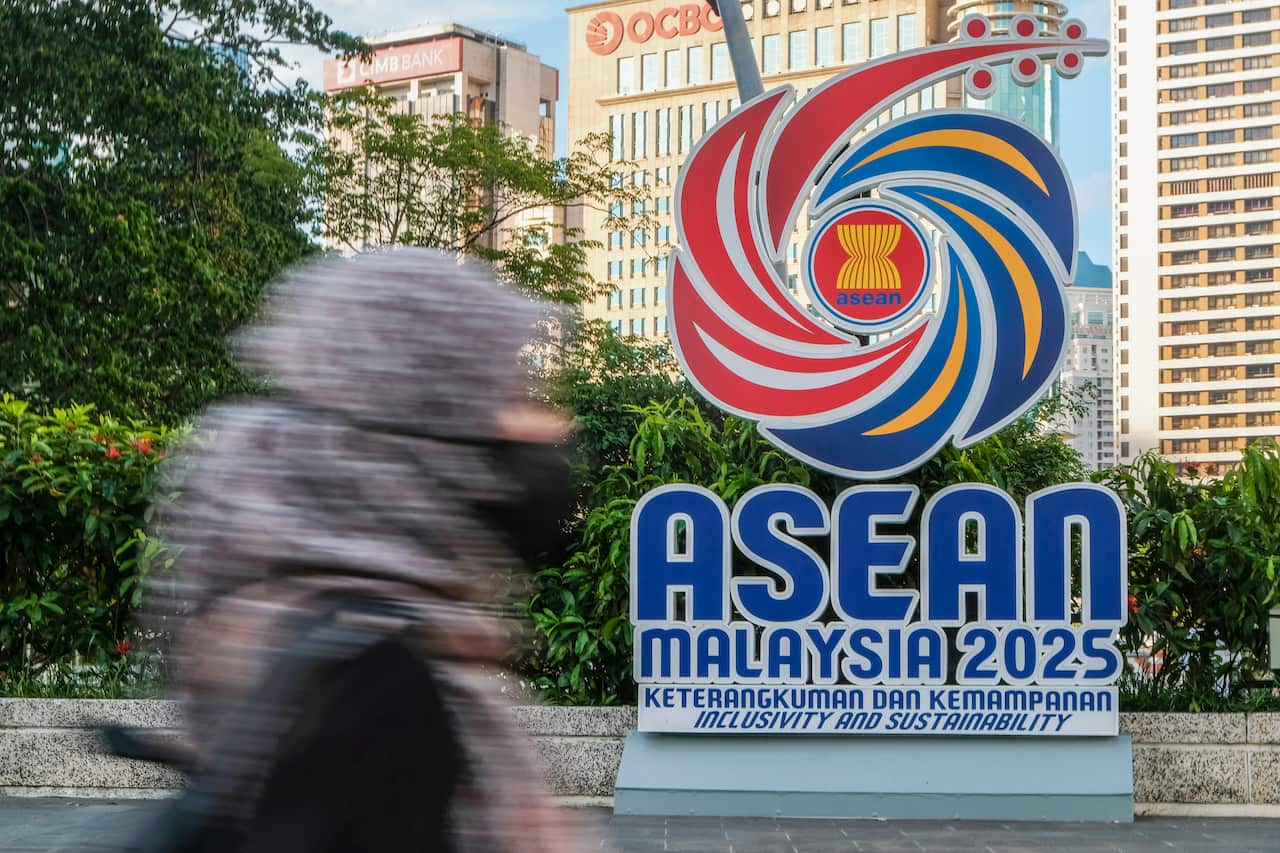
Efforts to finalize this agreement are ongoing, with officials from Thailand and Cambodia intensively negotiating last week to secure its terms.
In Southeast Asia, the impact of ‘Liberation Day’ declarations was particularly profound, especially given the United States’ status as the region’s largest export partner.
‘Transactional’ trade talks
But south-east Asia is where the ‘Liberation Day’ proclamations were felt hardest, with the US the region’s biggest export partner.
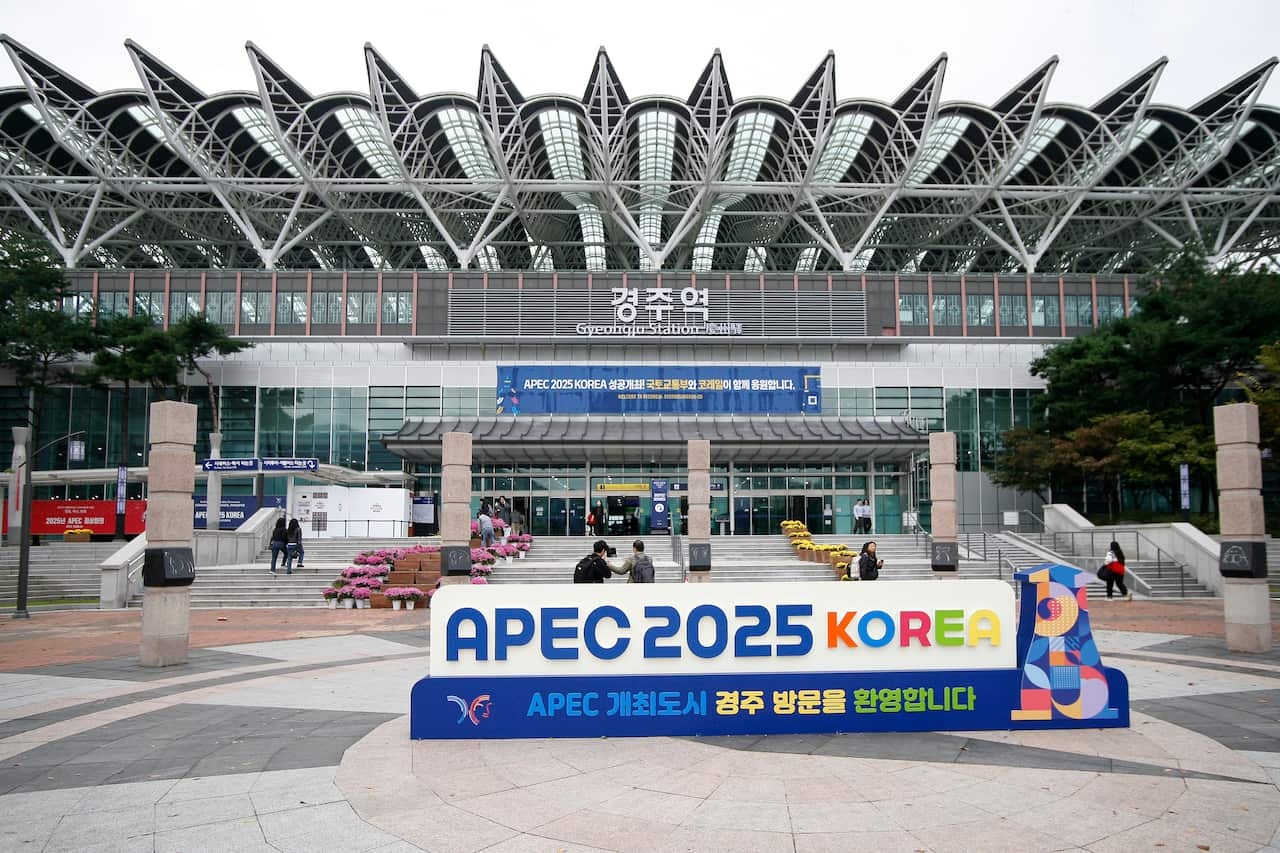
The Asia-Pacific Economic Cooperation forum takes place in the South Korean city of Gyeongju from 31 October to 1 November. Source: NurPhoto, Getty / Seung-il Ryu
Those leaders, if able to get face time with Trump, will likely raise the impact of the economic measures on their workers and industries, but a breakthrough is unlikely.
“One in four Australian jobs rely on trade and we will be focused on continuing to grow our key economic and trade relationships during ASEAN and APEC,” Albanese said.
Speaking in Washington DC last week, the prime minister expressed hope he’d see the US president again in person in Kuala Lumpur.
The Trump-Xi meeting, and the ‘1 per cent chance’ of a surprise
When the US president last visited South Korea in 2019, he had a surprise meeting with North Korean Leader Kim Jong-Un, stepping over the border.
“I don’t want to miss even a 1 per cent chance,” Chung Dong-young told reporters.
